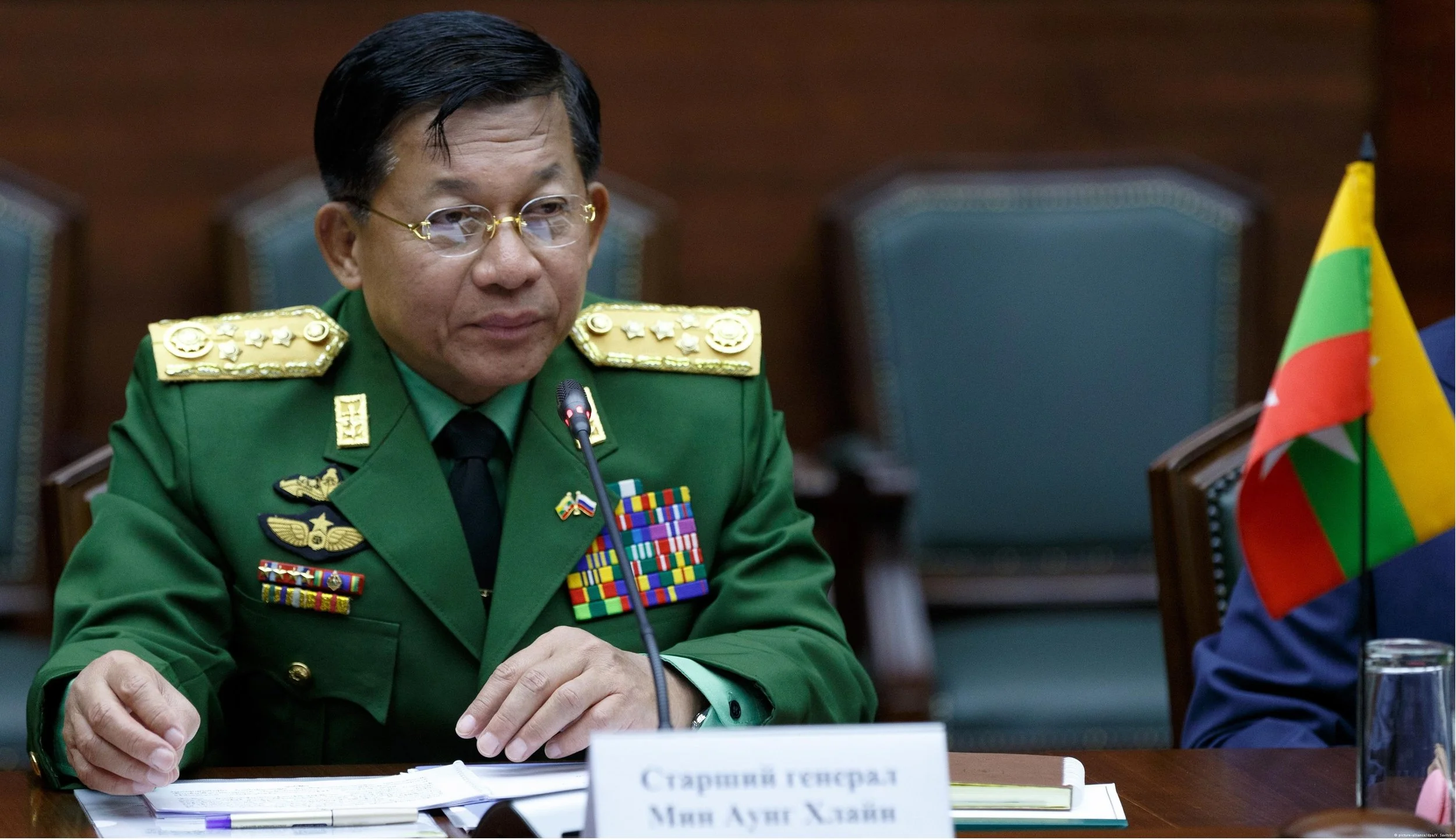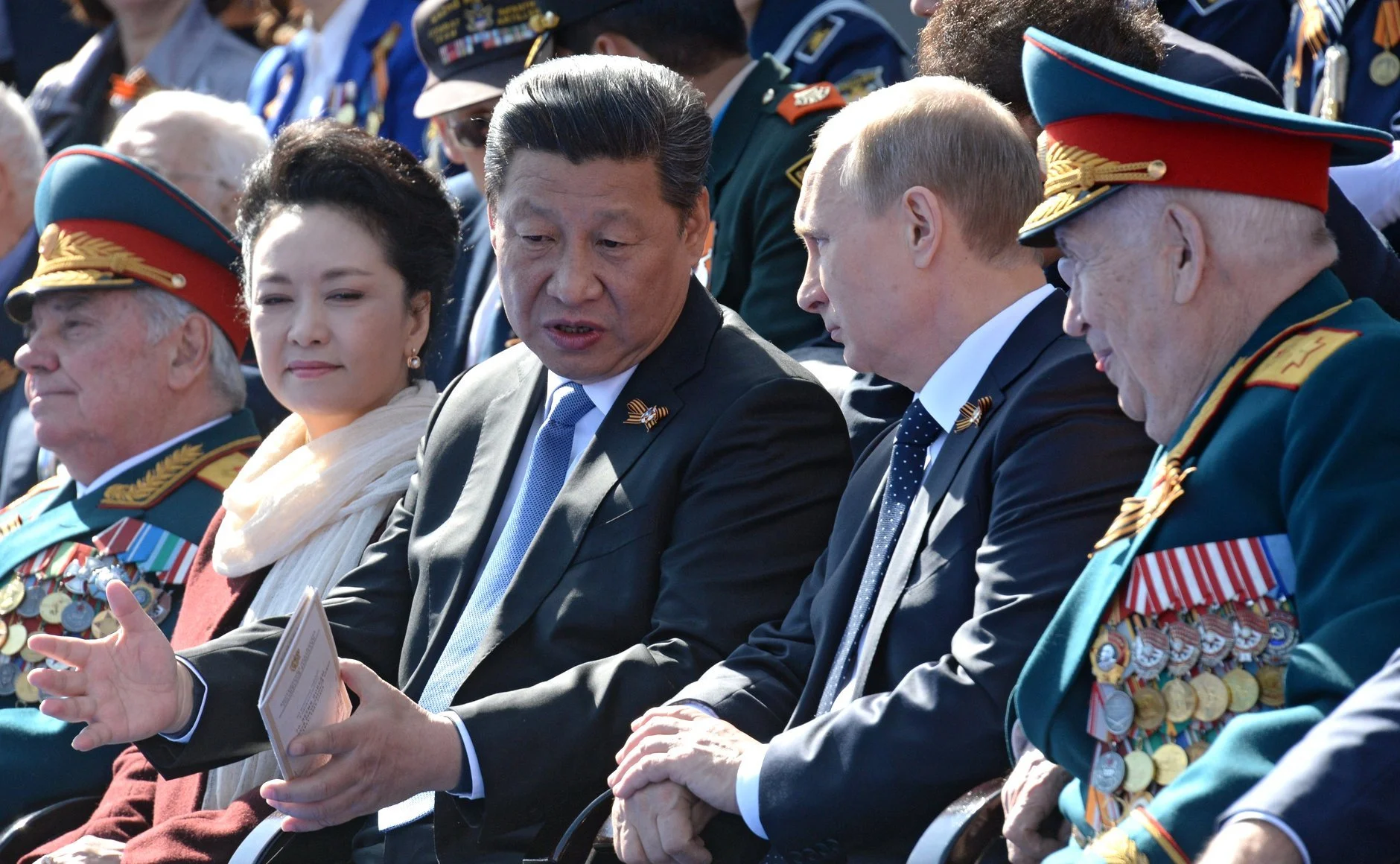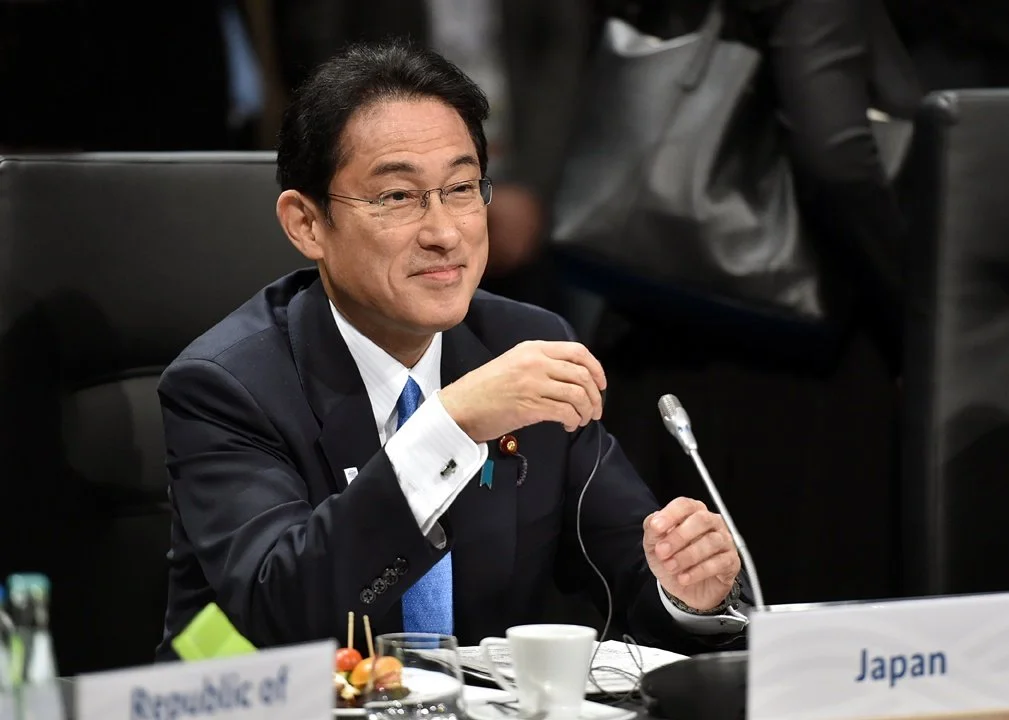Written by Lukas Fiala
The key question is whether Xi’s growing assertiveness and inadequacy of existing means to ensure the security of Chinese entities abroad will lead to a more pronounced security footprint over the coming decade, featuring new military base arrangements and, potentially, institutionalised security guarantees.
Read More





